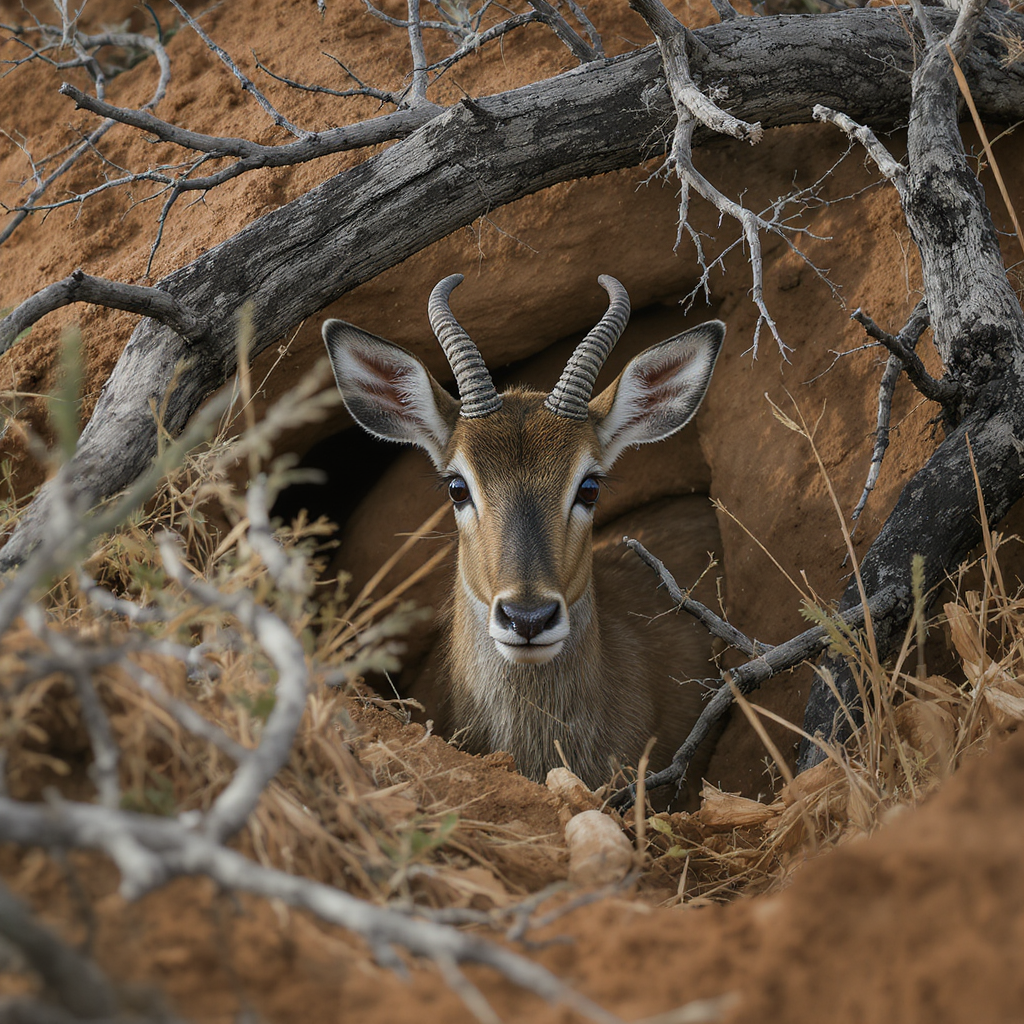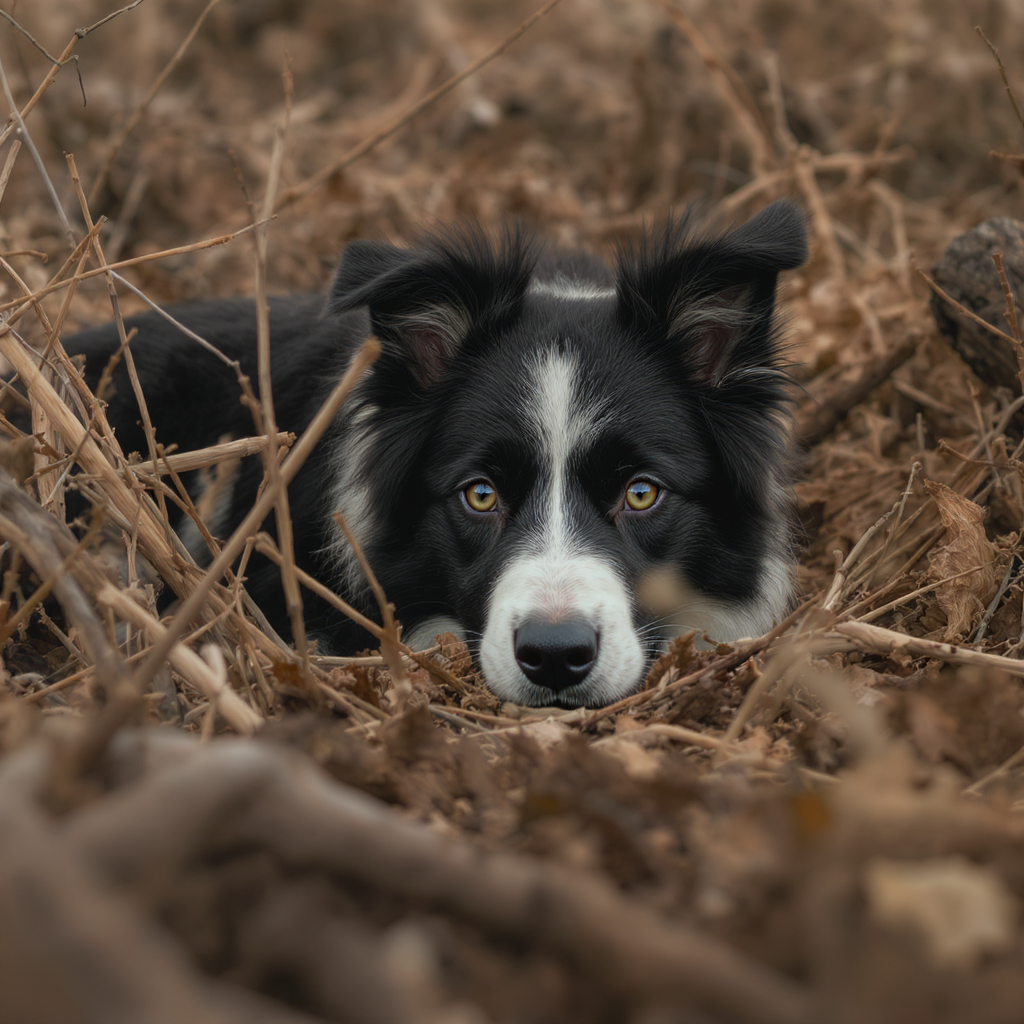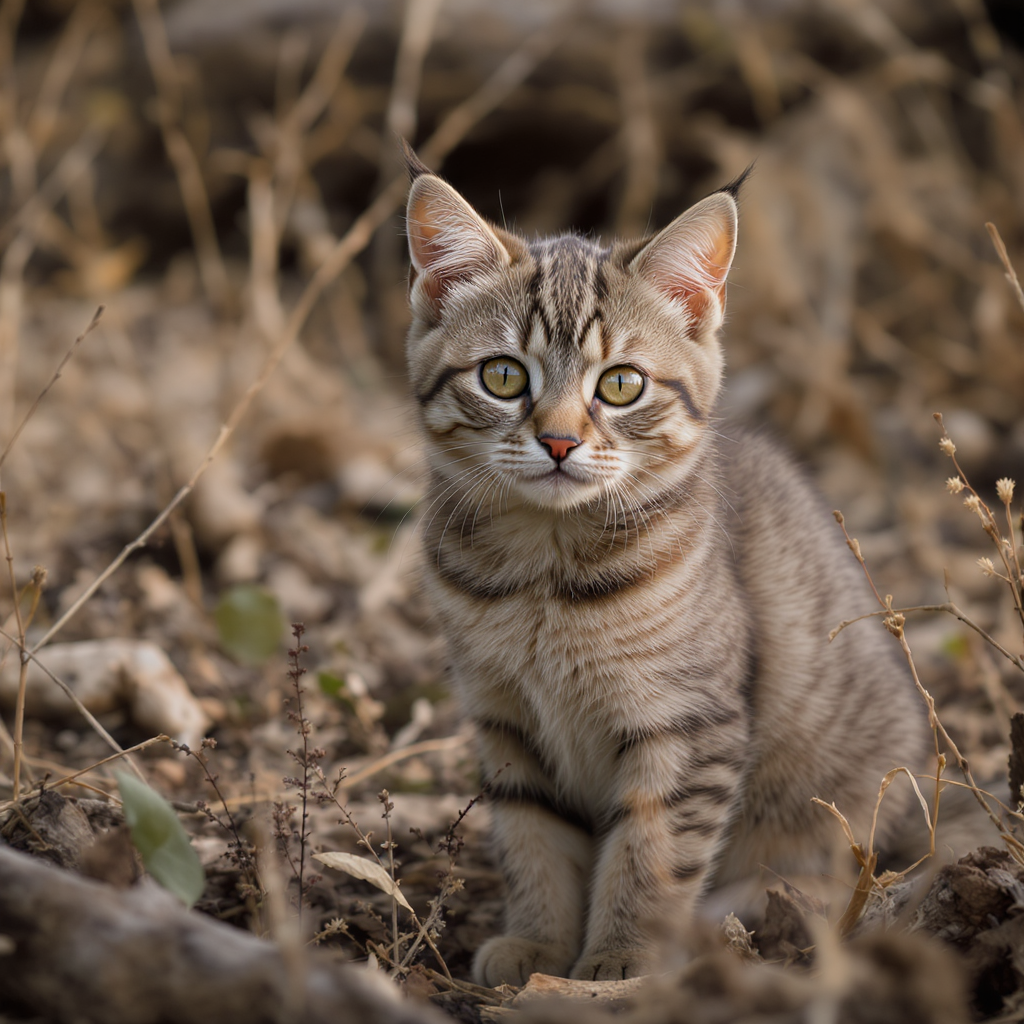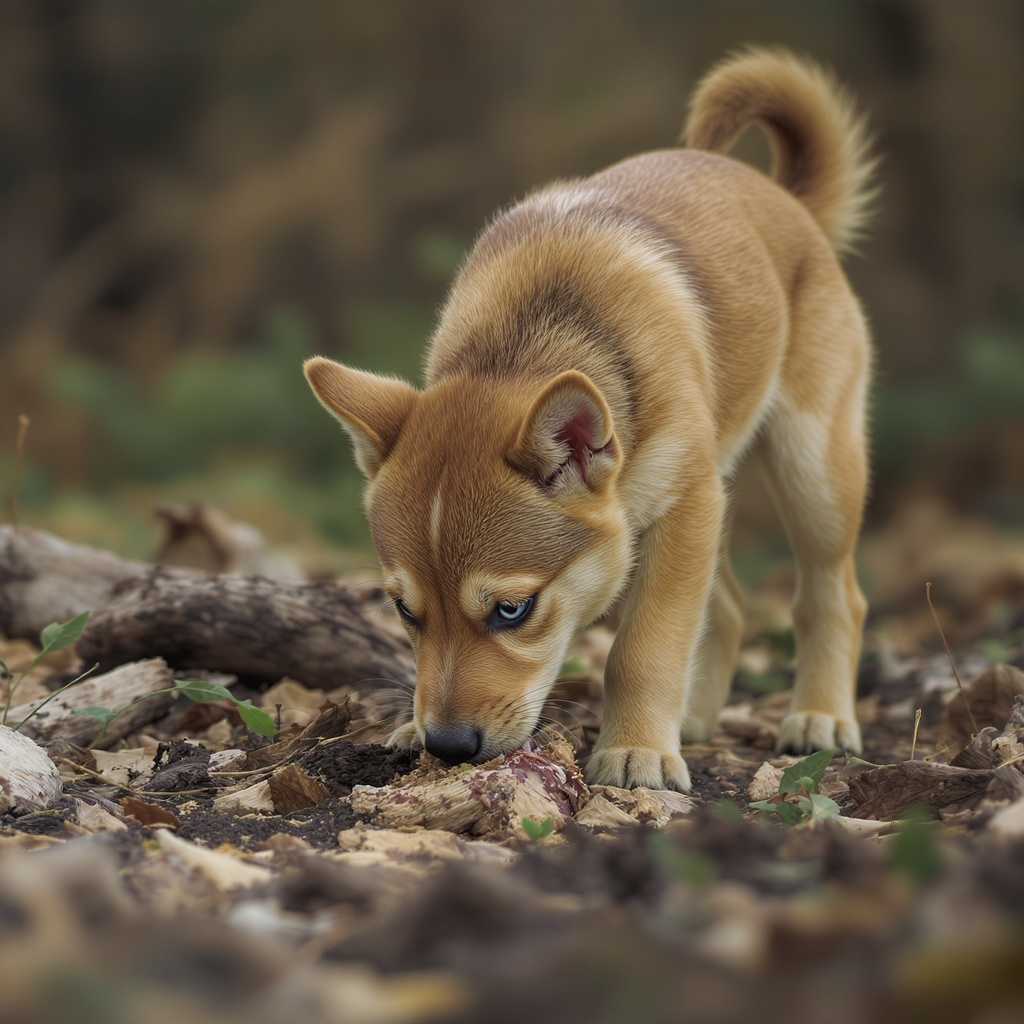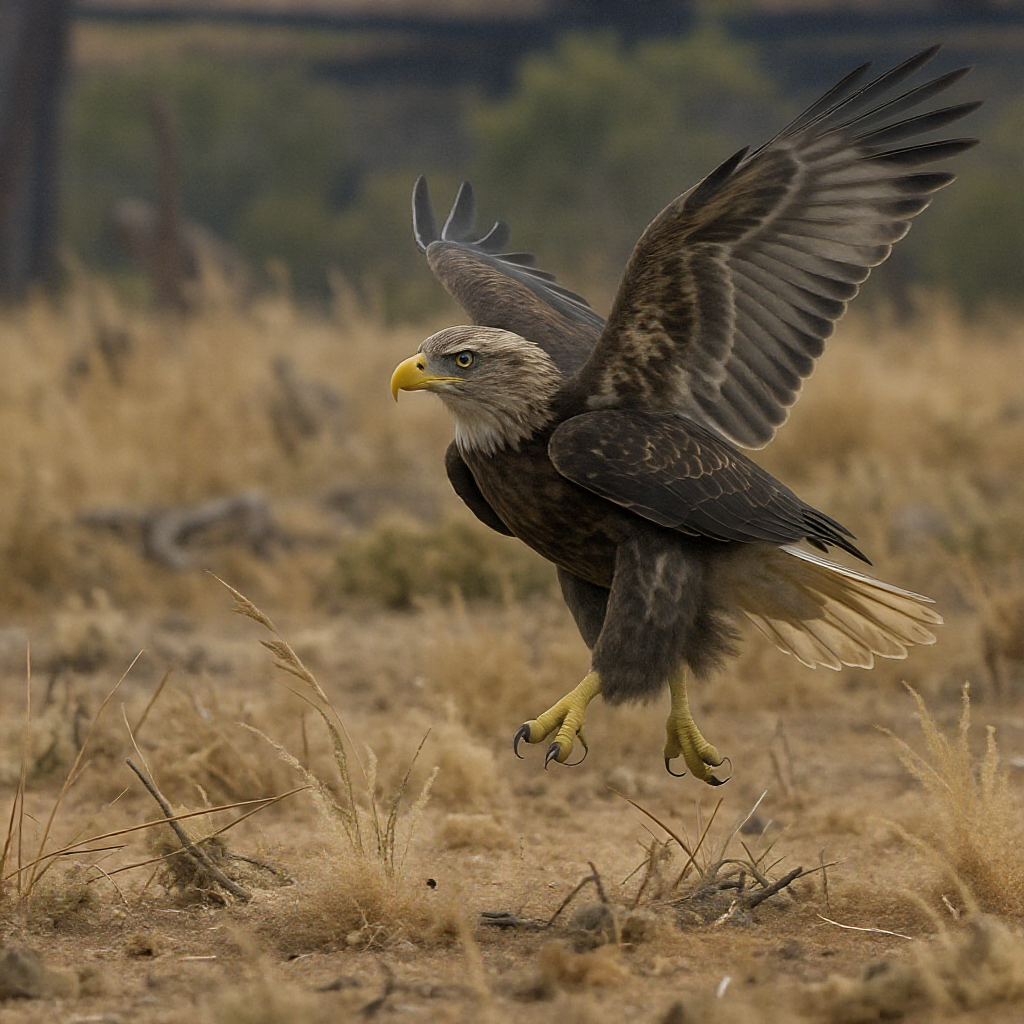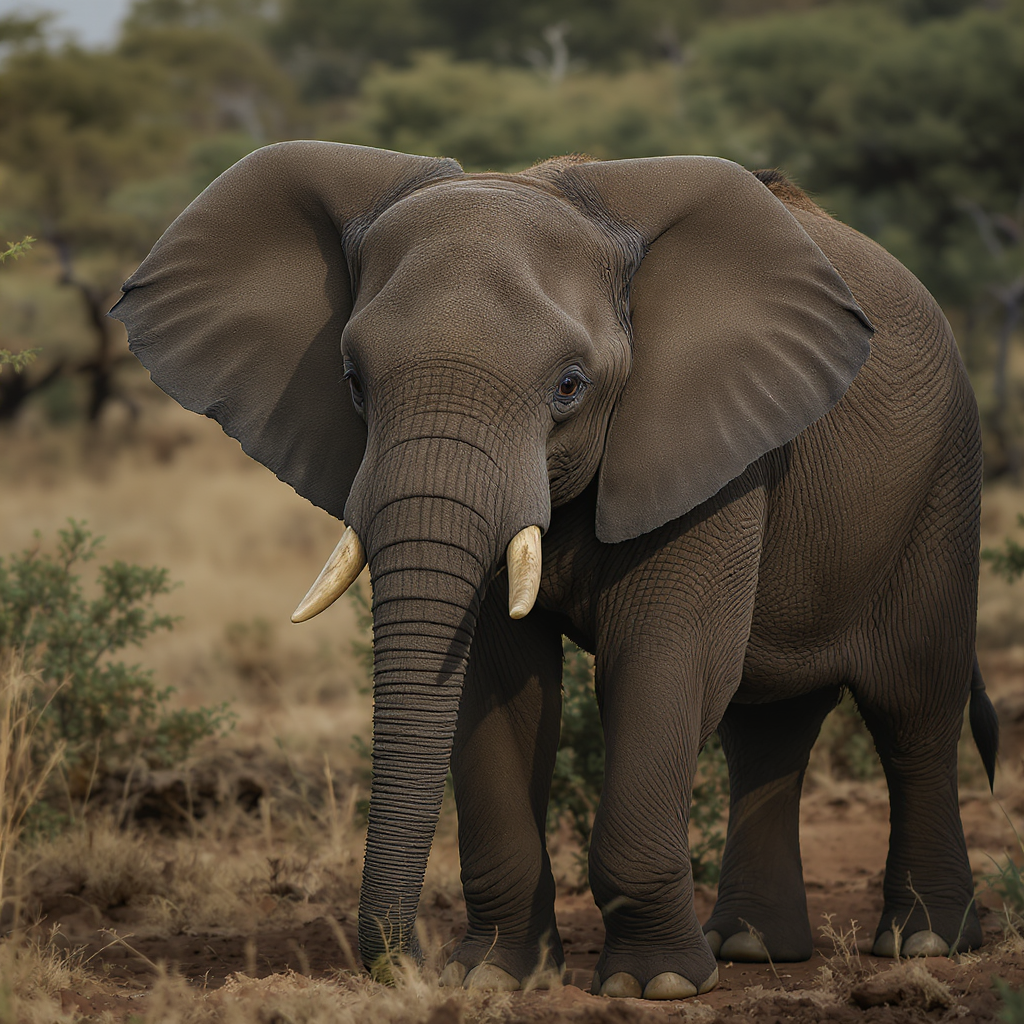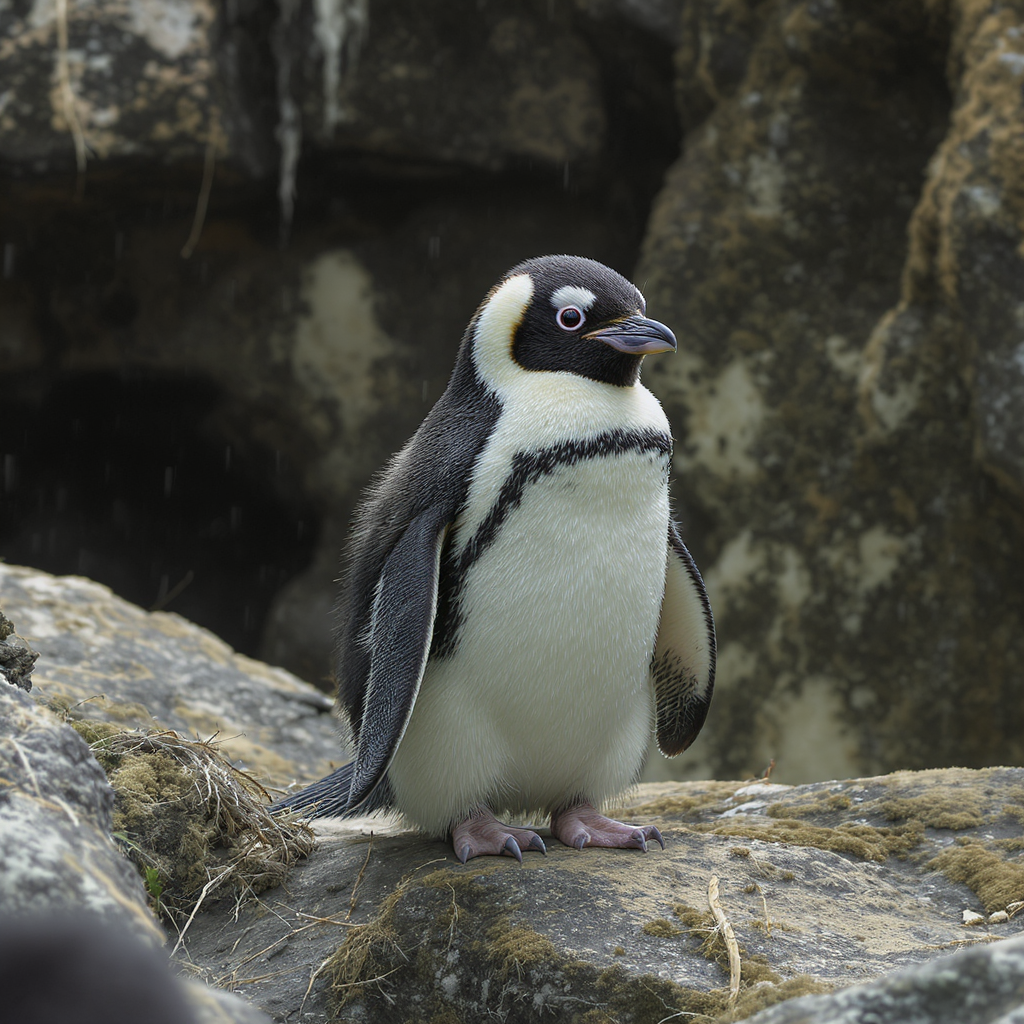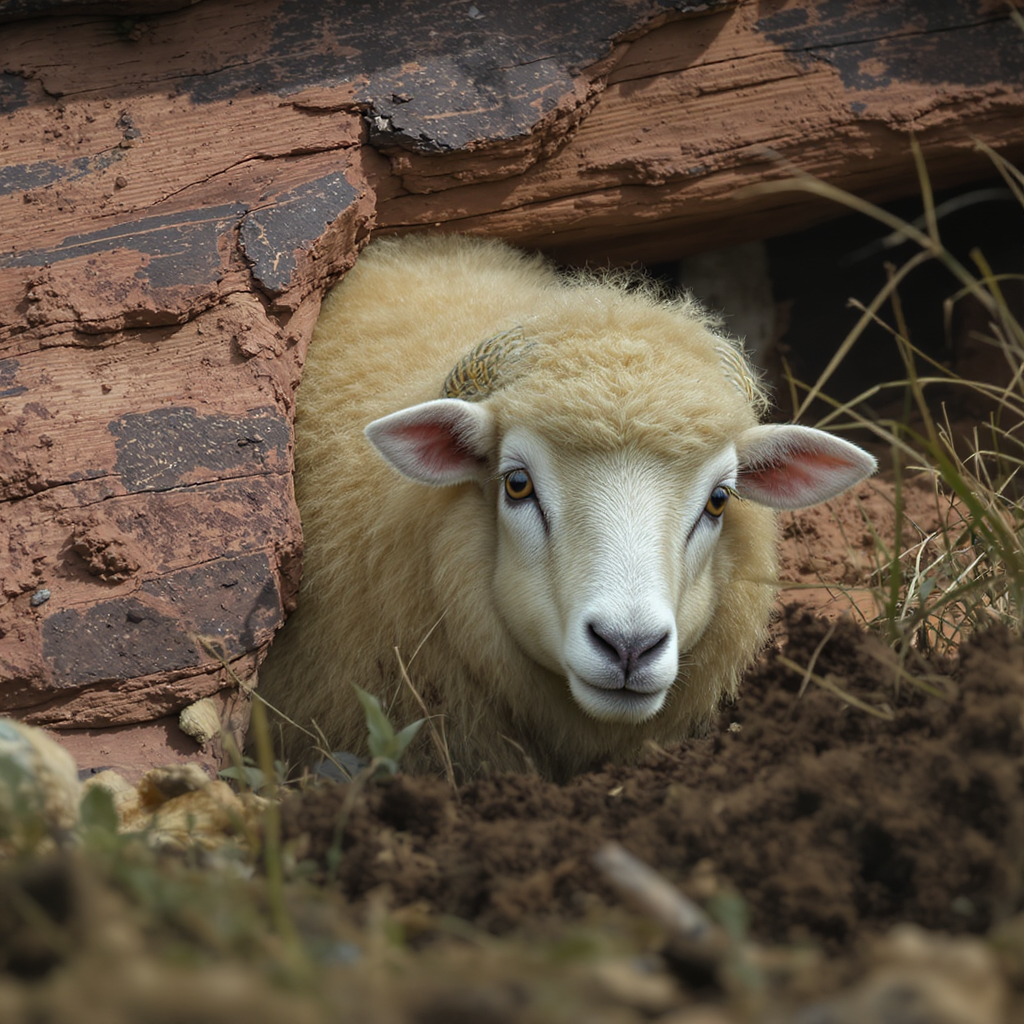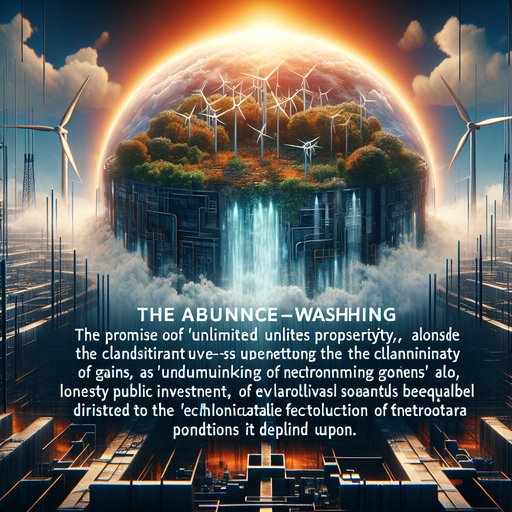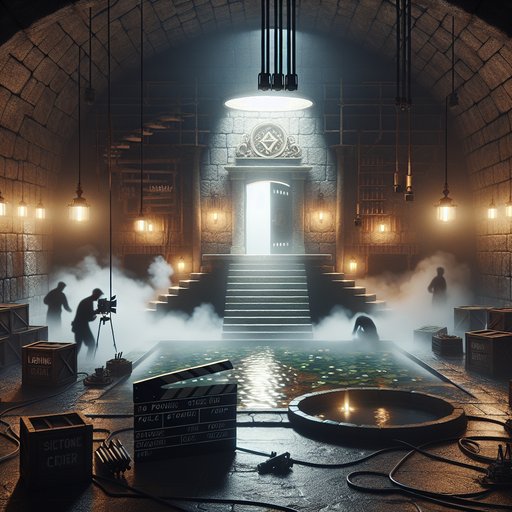
Barbra Dender, a 31-year-old red-haired traveler raised by her grandparents and known for seeking untouristed places, begins a new journey to Socotra Island. Staying in a whitewashed guesthouse in Hadibu, she is drawn to a mysterious low hum that seems to breathe from the limestone cliffs, a phenomenon locals call Bab al-Riyah, the Door of Winds. Exploring the shore and recalling her self-reliant past, she notes spiral-and-notch symbols on boats and researches Socotra’s ancient incense trade and cave inscriptions. With a taciturn driver named Salim, she helps an elderly market woman who rewards her with a palm-woven amulet sealed with red resin. Back in her room, Barbra discovers a hidden goatskin strip inside the amulet: a map-poem pointing to “where the sea breathes twice” on the north coast and repeating the word “Hoq.” Triangulating the spot, she senses this is more than natural music—a centuries-old signal guarded by families. An envelope appears under her door containing a copper disc engraved with the same spiral and three notches, and a warning etched on the back: “Before the khareef, or not at all.” Gripped by curiosity and integrity, Barbra resolves to follow this first clue toward the sea-breathing cave, setting the arc for a seven-chapter quest to unlock the Monsoon Door, win the guarded trust of island families, outmaneuver shadowy opposition, and claim an artifact worthy of her glass cabinet at home.
Today begins a new story for Barbra Dender, red-haired and thirty-one, with freckles she thoroughly dislikes and never manages to forget. She hardly uses makeup and doesn’t need it, though she’ll never admit that she is a kind of natural beauty that sneaks up on people when she laughs. Slim and slightly muscular from years of long walks, she moves with the coiled ease of someone who trusts her own feet more than most. Her grandparents raised her after a car accident stole her parents when she was four, and that loss taught her to be alone without feeling lonely, to do everything herself without asking.
When a weathered atlas showed her a speck in the Arabian Sea named Socotra, something in her tilted toward it like a compass needle finding north. The plane banked low over the Gulf of Aden and gave her the island in an instant: chalk-white cliffs, scalloped turquoise inlets, and the uncanny umbrellas of dragon’s blood trees stippling high plateaus. Heat rose up the metal stairs to meet her as she stepped down in tight jeans, blue and white Asics, and a pale tank top, her floral denim jacket looped around one finger. Inside the tiny terminal, the air smelled of salt and resin, and outside, goats wandered past piles of limestone like absent-minded tourists.
In the taxi, her red hair caught the light and her freckles turned brighter; she tried not to think about them even as she pushed sunglasses higher. She smiled at herself for even caring—this place didn’t care—so she didn’t either. Her temporary home was a whitewashed guesthouse in Hadibu, a cluster of blue doors opening onto a shaded courtyard where potted aloe made their own private forest. The room was simple in a way that felt deliberate: a low bed under a bright woven throw, a lattice window overlooking a crooked street, and a chipped enamel kettle on a tray with tea leaves in a jar.
She dropped her backpack and hung her floral denim jacket on a nail beside the door, thinking of the rest of her jacket collection back home that ran from black leather to glittery experiments she’d never wear here. The thought slid to her glass wall cabinet in her apartment, the one full of artifacts from old journeys, each shelf a map of recalling. The island’s breath came through the slatted window and carried with it a faint note, as if someone held a tone in the courtyard and forgot to let it go. Hadibu’s market was a thicket of shade cloths, voices, and bright produce where even the light seemed to barter with itself.
Men called prices in a cadence that felt like song, and a girl with a scarf wound loosely around her hair sold frankincense tears that glittered like frozen honey. Barbra bought water and dates and let routine anchor her, sensing the eyes that weighed her in a place without many tourists but finding no unkindness in them. The word "khareef" rode the air like a rumor, the monsoon that would push mist over the island and turn everything green. Under the bustle, she heard it again—a low hum that didn’t belong to any machine, a sound as old as breath quietly insisting on itself.
It came and went like the echo of a chant, rising and falling in a way that made the body want to match it. She followed it down a narrow alley where corrugated doors slumped under years and a goat chewed what looked like cardboard with an expression of philosophical resignation. The hum dipped and returned, and a boy with a thin scar through his eyebrow watched her, amused that she could hear what he was used to not hearing. He pointed toward the pale shelf of cliffs north of town and said, "Bab al-Riyah," then shrugged and vanished into heat.
Door of Winds, she translated, tasting the phrase like a stone you might keep in your pocket to remember the weight of it. Past the edge of town, the shore unfolded into flinty limestone that glittered under the sun, and the sea lapped at brilliant sand as if manners mattered here. She let her legs find their rhythm, a steady cadence that pulled the pulse out of her shoulders, years of walking making motion its own kind of thought. Ahead, the cliffs were pocked by collapsed caves and blowholes where the sea could force its breath through stone.
She knelt beside a dark crack, hovered her palm over it, and felt a cool exhale touch her skin, not sea breeze but something more directed. The hum swelled into a chord, low and layered, as if the island were a pipe organ with a secret congregation hidden in the rock. Her grandfather used to tell her that stone listened, that it remembered footsteps, that rivers kept on running even when you couldn’t see them. She had learned to be alone on long walks where the only witness to her endurance was a bird that didn’t care either way and a sky that didn’t blink.
The accident that made her an orphan was a room she opened sometimes to check that sorrow hadn’t dried up; it never did, but it had watered other things she needed. Standing at the mouth of a breathing cave, she felt that old sternness tilt toward wonder, and it was a relief to let it. She didn’t understand the sound, and the not-knowing sparked the same hunger that had sent her across the world more than once. By evening she was back at the guesthouse, salt dried to a dust on her skin that the shower sluiced away in soft ribbons.
In clean jeans and the same steady Asics, she cross-legged herself onto the floor and opened her notebook, the one that had a dent in the corner from a previous adventure with a stone temple. She wrote down everything she could name: the boy’s words, the shape of the cliffs, the spiral with three notches she’d seen scratched into a dhow’s siding. She had fallen in and out of hurried affections enough to know she had no time for anything but this, the slow courtship with mystery that demanded all her attention. On her phone, an offline article spoke of the island’s incense routes and Greek inscriptions in Hoq Cave, a literary echo of sailors who listened to wind and smell to find their way.
The power went, the way it sometimes does here, and the ceiling fan sighed to a stop like a dancer who’d reached the end of the music. She climbed to the roof where neighbors laid out dates to dry and spoke in shapes of sound that rose and fell like water. Stars pooled overhead, close enough to name, and a lantern moved down by the shore like a bead on a thread, unwinding toward something unseen. The wind freshened enough to lift hair off her neck and bring a cooler, denser breath from the dark.
The hum returned, a low, sustained note that seemed to settle inside her ribcage until she felt she might answer it without meaning to. Morning wore a thin mist over the horizon, an early rehearsal of the khareef that would turn cliffs into a soft invention of themselves. She hired a battered Hilux along with a driver named Salim, a taciturn man with sea-glass eyes who drove as if the road were listening. When she explained by drawing on air where she wanted to go, he threaded a finger along the steering wheel and said, "The caves sing when the sea wants a storm." A silver ring on his hand bore a tiny spiral, a detail she clocked the way she did patterns that keep repeating.
He seemed to notice nothing about her beyond her desire to walk, which she appreciated, because attention could tangle things she had no time to untie. At a roadside market under palm shade and flapping tarp corners, an elderly woman’s basket spilled, scattering shells and loops of woven grass. Barbra knelt without thinking, her fingers quick as shore crabs, passing back what belonged to the ground a moment before. The woman’s hands, stained dark with henna, were steady in their gratitude, and her eyes had the old gray of a weather that didn’t need to prove itself.
From a pouch at her waist she drew a small palm-woven square sealed at the center with a drop of hardened red resin, and she pressed it into Barbra’s hand as if giving her back something lost. "Bab al-Riyah," the woman murmured, and in simple Arabic added, "You listen. So you may hear."
The square was rough against her skin, smelling faintly of smoke and sap; a spiral with three short notches was stitched into its face, the same motif she had noted on the boats. Barbra asked a question straight on, something like, Did your family make the door, and the woman lowered her chin until her scarf sealed her mouth against more words.
"Families keep the door," Salim said quietly, as if words could tip the balance of weather, and he eased the truck back onto the path. For an instant the old woman’s eyes warmed, as if she were remembering her own long walks, then shuttered; she gestured toward the cliffs in a way that could have been blessing or warning. The Hilux rattled forward, and Barbra held the square like a small live thing whose heartbeat she could not quite feel. Back in her room with afternoon light falling in long stripes, she sat beside the lattice window and examined the amulet with the patience she saved for archives.
Her fingertips found a seam, and with careful persistence she worried it open just enough to draw out a tightly rolled strip of goatskin no wider than a finger. The strip smelled of time and smoke; ink lines coiled across it in strokes that looked like both map and poem, the work of someone who had loved their letters. A jagged line of cliffs was drawn like teeth with a small circle where the sea "breathes twice," and beside it three notches sat next to a spiral as if they were anchors in a song. In a corner, in that same patient hand, a date in older script breathed centuries, and a single word repeated itself the way waves do: "Hoq, Hoq, Hoq."
She spread her own map on the bedspread and traced the north coast with the edge of a coaster, lining up what the goatskin imagined with what the satellite declared.
Her phone buzzed with some bank alert she flicked aside; the day had better claims on her attention than frozen caution. The symmetry of it all felt engineered: a door that opened when the wind had teeth, a cave that made breath into message, a line of people who watched it as if watching a clock. A thought settled with the gravity of a stone: maybe the hum was not only music but signal, a wave long-distance sailors once translated for survival. Excitement lit her body with a precise brightness, and she went to zip her backpack because the map in her mind had just become a path she could walk.
Before she could stand, a sound brushed the door, the faintest whisper of paper against tile, and an envelope appeared on the threshold as if it had been growing there unseen. She slit it open with a thumbnail and tipped a copper disc into her palm, warm from the room, engraved with the same spiral and the three short notches that had been speaking to her all day. On its reverse, someone had scratched words in English that turned the air thinner: "Before the khareef, or not at all." Outside, the alley wind unrolled itself like cloth, and from the direction of the cliffs a breathy chord swelled until the lattice of the window trembled. Who slid that warning under her door, and what waits for her at the place where the sea breathes twice?



